First Agro taking control of the greens on your plate with ‘zero pesticide’
As a kid I was always told, “Sabji/daal kha lo pehle, phir chicken khaana,” which would roughly translate to “eat your greens before
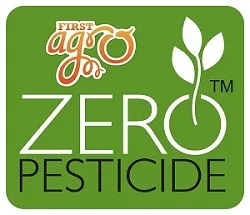
you eat your chicken.”I believe it’s a deal every parent makes with their child -- an arrangement to keep both the interested parties happy. To this day I still follow that mantra. The reason I opened with this anecdote is because this story is about exactly that -- the greens on your plate.
“We are a ‘zero pesticide’ organization,” says Naveen MV, Co-founder and Chief Executive Officer of First Agro, adding, “We don’t do organic farming. We’ve taken it a step ahead. We don’t use pesticides at all!”
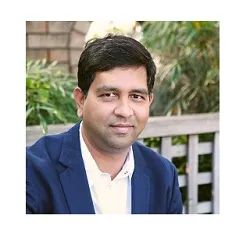
What is he talking about? Isn’t that the same thing?
“Organic farming is just a method of cultivation. It may not mean that there are no pesticides used. We don’t call ourselves organic because we have taken it a step further by following the Codex standards and without using any pesticides, referred to as ‘zero pesticide’. In fact, the term ‘zero pesticide’ is a trademark term that is used only by First Agro,” explains Naveen. “Organic farmers are like students who study for the 10th grade exam but never care to write the exam,” he jokes, "Unless you don’t subject a produce to pesticide residue test by following a global food safety standard, how will you know if any pesticides was used or not?"
What are Codex standards?
The Codex Alimentarius Commission was established in 1963 by the Food and Agriculture Organization (FAO) and the World Health Organization (WHO). Codex has become the global reference point for consumers, food producers and processors, national food control agencies and international food trade. Essentially, Codex has defined global food safety standards to ensure that consumers are not exposed to unsafe levels of hazardous and toxic materials through their food.
The Codex Alimentarius Commission has developed something called the Maximum Residue Limits (MRLs) for Pesticides and Extraneous Maximum Residue Limits. Every time a pesticide is used, the plant will absorb some of it. The left over bit will show up as residue when tested, and if it is beyond the MRL, then it is considered to be toxic for human consumption.
“We get our produce tested once in six months from one of only three labs in India that specialize in Codex testing. I’m proud to say our produce has never detected any residue of any pesticide! You see, we are a ‘zero pesticide’ organization. We stick to that,” Naveen claims.
What does First Agro do?
“First Agro is the only company in India to reach the highest level of food safety according to the Codex standards,” states Naveen. First Agro has 45 acres of land under production in Talkad near Mysore.
Over the next seven to eight years, they plan to invest about $ 20 million to acquire 1,500 acres of land and bring it under production across 16 locations in North, West and South India. The 1,500 acres will be broken into clusters, each with an area of around 100 – 150 acres, with integrated production, pack house, cold storage and processing centers. The first fully operational cluster at Talkad is called ‘Cauvery’.
“All our farms are company owned and managed. We don’t indulge in any form of contract farming. We have a dedicated team of growers who are highly qualified graduates of horticulture or agriculture from the best agriculture universities in India. As of now we have 11 growers who supervise the farm production on their four to five acre unit. Each grower has their own dedicated team of supervisors, and labour from neighbouring villages,” explains Naveen.
First Agro grows more than 40 different varieties of fruits, vegetables and herbs, most of which have never before been grown in India. You can discover some of their fascinating produce, at the bottom of the page.
About 70% of their revenue comes from retailers like Hyper City, Auchan, More, Food Hall, etc. The rest of the revenue comes from
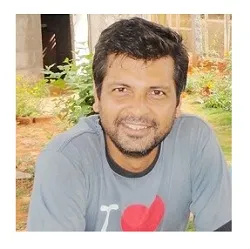
their ‘Chef’s Garden’. “The Chef’s Garden is a concept which caters to institutional customers like international hotels and fine-dining restaurants. Our clients are the chefs of Ritz Carlton, JW Marriott, The Oberoi, and The Taj, etc. It’s something we like to call ‘Farm to Fork’,“ states Naveen.
The company was started by Nameet, Naveen MV and KN Prasad.
Nameet is the Chief Production Head at First Agro. He used to be a commercial pilot in Vancouver. He has an in-depth knowledge in Olericulture (the science of vegetable growing), Hydroponics (the science of growing plants without soil) and Integrated Pest and Disease Management (using natural solutions to manage and deter pests). He has pioneered the Zero Pesticide cultivation by using natural methods; methods that he learned through a hands-on experience by working with multiple horticulture specialists in Canada, over many years. He works out of theTalkad farm.
Naveen MV is the Chief Executive Officer and is currently based in Yokohama, Japan, where he handles the International operations and planned expansion of First Agro in Japan and South East Asian markets like Malaysia (due to begin in six months). He also runs an Information Technology services organization in Japan.
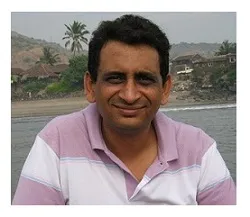
KN Prasad is the Chief Operating Officer. He heads agriculture supply chain management and logistic functions. His team is responsible for getting the produce from the farms to the city in as little time, and as fresh as possible.
Why is all of this important?
“The Indian government along with the Food Safety and Standards Authority of India (FSSAI) will drive food safety standard across farmers, food processors and retailers to ensure compliance with Codex standards by 2015,” Naveen tells me. “Well, that’s good news, right?” I ask. “Yeah, it is. But you can’t really turn your eye away from what’s happening today,” he says seriously.
He asked me to watch this documentary by TERI (and I urge all of you to take some time to do the same) called ‘Slow Poisoning of India’ which talks about India’s use of Endosulfan, a pesticide which is used in large quantities on our food, at the source. The video shows the chilling effects of the widespread use of this pesticide, on the farmers using them, the community they live in and the adverse effects on the consumers of the food.
When used excessively and carelessly, the pesticide results in families battling with tragedies like physical deformities, cancer and disability of the central nervous system. The levels of sickness are so extreme that there is a train nicknamed ‘Cancer Express’ that travels from Bhatinda to Bikaner, because it carries hundreds of patients with cancer to be treated in the only free cancer facility (under the free medicine scheme) in the area.
“We did a lot of groundwork initially, and the results were startling. A massive chunk of the population is largely ignorant about the way our food is grown. Young adults and children have never given thought to the effect of fertilizers and pesticides on our food and on the environment. I mean, I can safely say that 99% of the population is unaware of all the negative effects,” Naveen reveals gravely.
“To top it off, the scene in the agriculture industry isn’t any better. Did you know that India has only 95 million farmers today? That’s just 8 % of the population, down from 14% from the time of the Green Revolution. The average land holding per farmer is down to only two acres. Up to 2,000 farmers leave farming every day, which is not good for the sector and the country. By 2050, India’s population is estimated to be at a staggering 1.5 billion. With a drop in the number of farmers, and such a sharp increase in the population, who can deny that food security isn’t a huge issue!” exclaims Naveen.
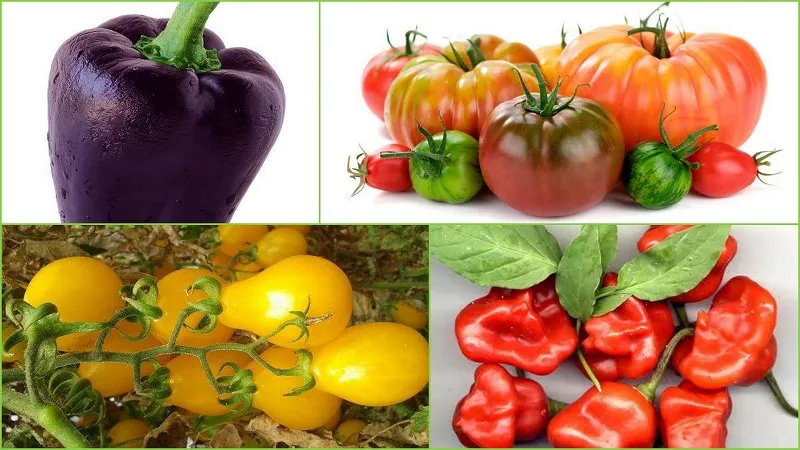
First Agro has taken the first step in ensuring that our greens are safe. Please tell us what you think about the use of pesticides on our food, in the comments section below!







